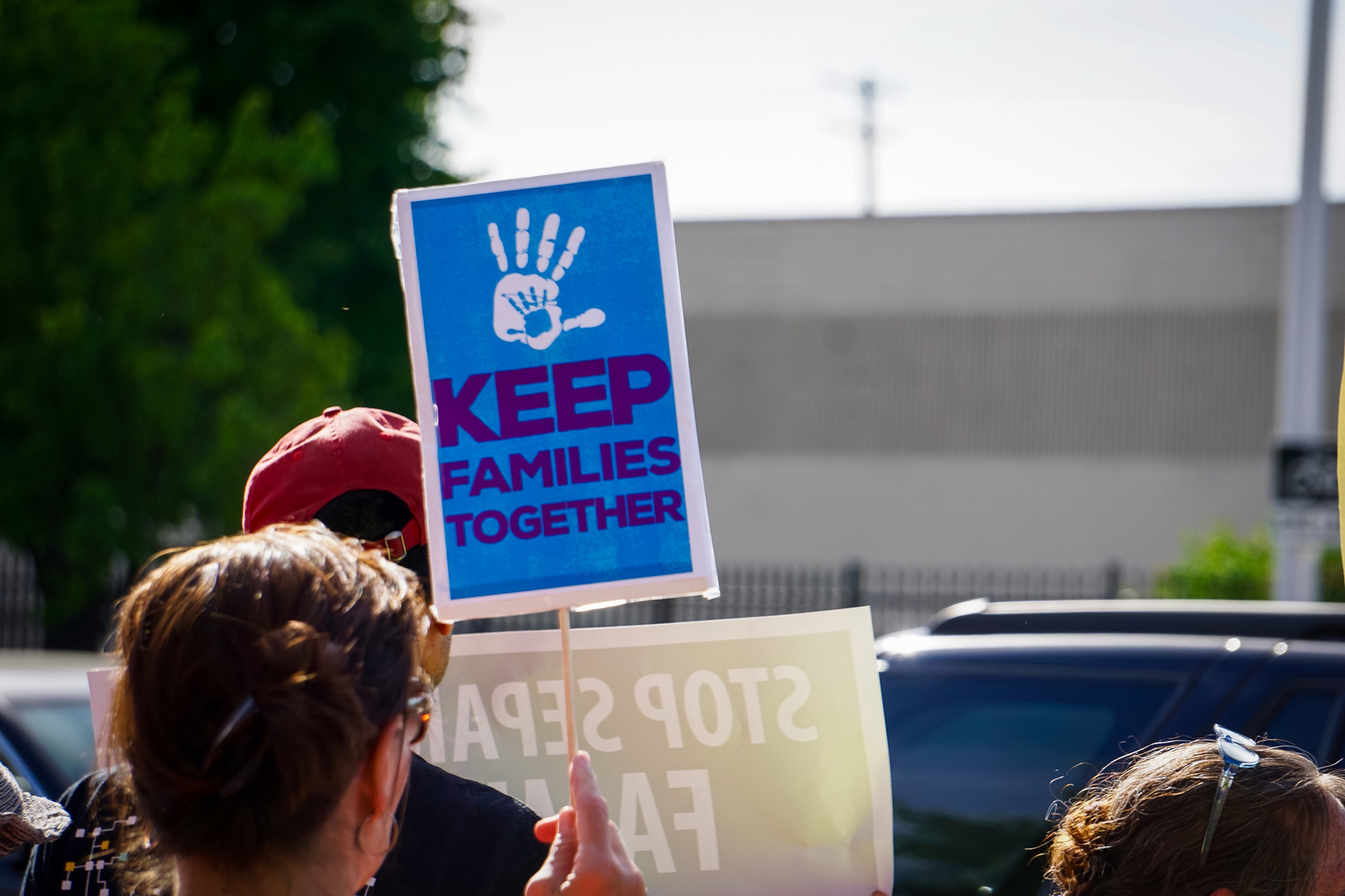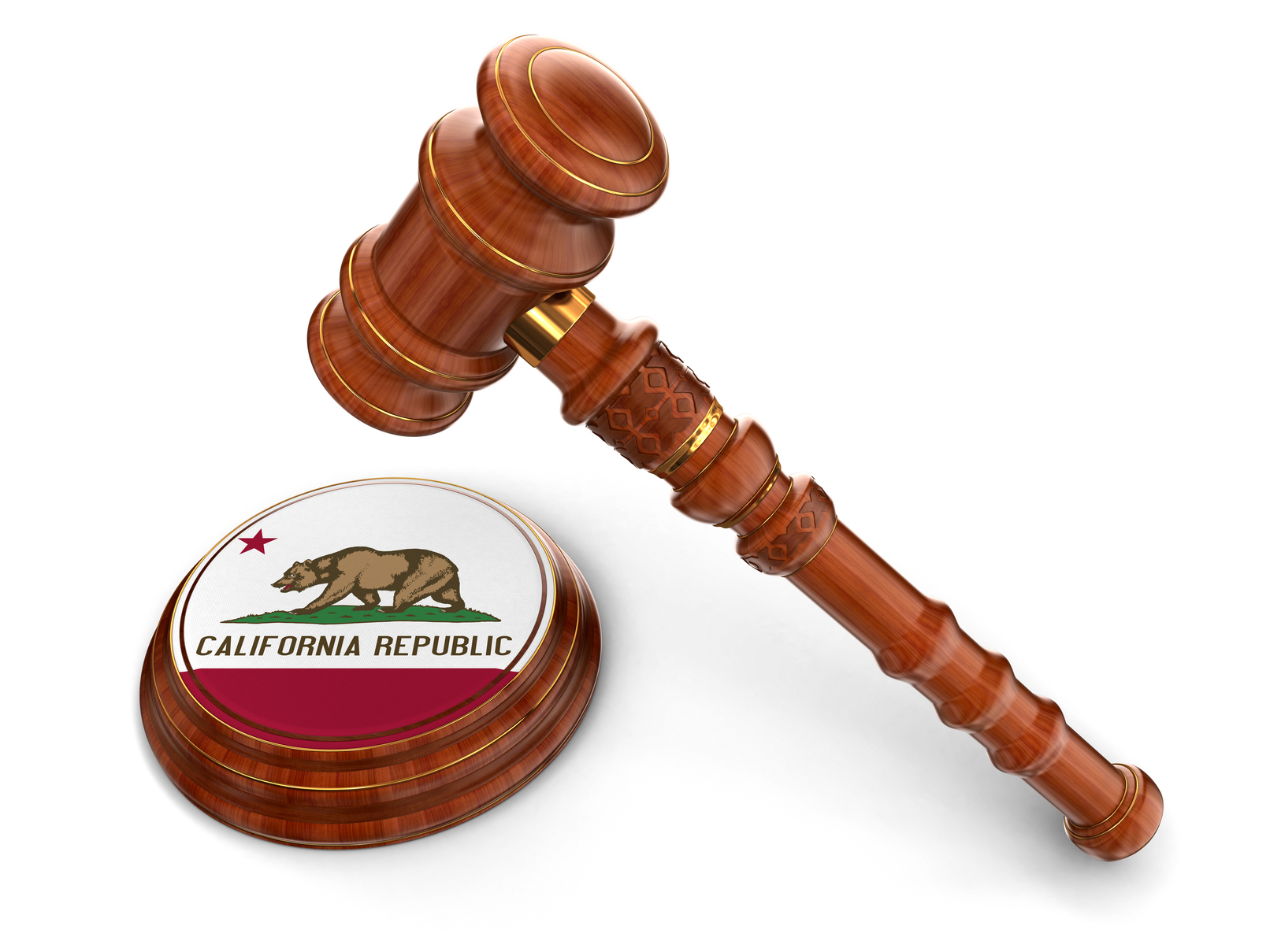On Tuesday, July 24, 2018, the United States Court of Appeals for the Ninth Circuit in a 2-1 ruling held that the Second Amendment grants the right to carry guns openly outside the home. With three federal appeals courts having found no right to carry guns openly in public, the issue seems ripe for United States Supreme Court interpretation.
In a status update filed Monday, the federal government informed the court that has ordered it to reunite over 2,500 separated children with their parents by July 26 in a class action filed by the ACLU seeking reunification of separated immigrant families, that over 460 parents of separated children over the age of 5 may have already been deported without their children. The government has continued to state that any parent who has left the country had the opportunity to bring their child with them, but advocacy groups question whether parents deported under those circumstances understood their options.
The technology, referred to as "listening to the frontend," would use a series of sensors in the cashier area to collect audio data. This data could include conversations between guests and customers at checkout.
In October, Canada is set to legalize the recreational use of marijuana nationwide. Legalization theoretically could mean that American consumers could cross the border to consume marijuana in Canada and possibly bring it back to the U.S., but in reality this is unlikely to happen, at least for now. While some states…
A lawsuit has been filed by MGM Resorts in connection with the 2017 mass shooting with Las Vegas, claiming they have no liability to the victims of the attack. Read the complaint @ Justia's Online Dockets & Filings.
California’s felony murder rule may soon be curtailed, if a bill in the state legislature gets approved.
The states of New York, Connecticut, Maryland and New Jersey sued the United States today over new rules ushered in via the 2017 federal tax overhaul which cap federal deductions of state and local taxes (SALT) to $10,000. Read the complaint via Justia.
In May, the City of Philadelphia announced that it was suspending foster care placements at Catholic Social Services (CSS) and Bethany Christian Services after reports showed that the agencies refused to place children with same-sex couples. Doing so was in violation of the city’s Fair Practices Ordinance. While Bethany agreed to comply with the law, CSS sued to city and argued that it should be allowed to discriminate against same-sex couples in accordance with their religious beliefs.
On Friday Special Counsel Robert Mueller issued an indictment of 12 Russian military officers for conspiring to hack into the computers of U.S. persons and entities involved in the 2016 presidential election. The 11-count indictment goes into great detail and specificity, charging that the hacking began at least in March of 2016 and continued through November 2016.
On July 12, nonprofit organization Council of Parent Attorneys and Advocates (COPAA) filed a lawsuit in the US District Court for the District of DC against Education Secretary Betsy DeVos alleging that the Secretary acted unlawfully in issuing a Delay Regulation that would postpone implementation of a regulation intended to help black and Latino children with disabilities.










